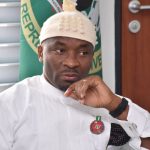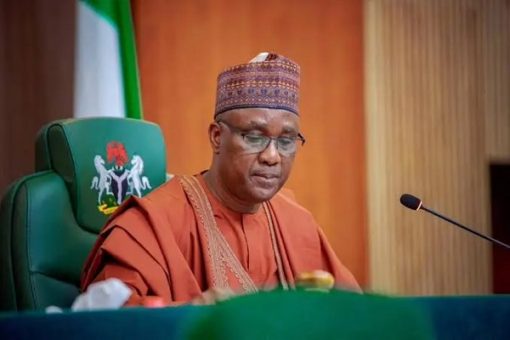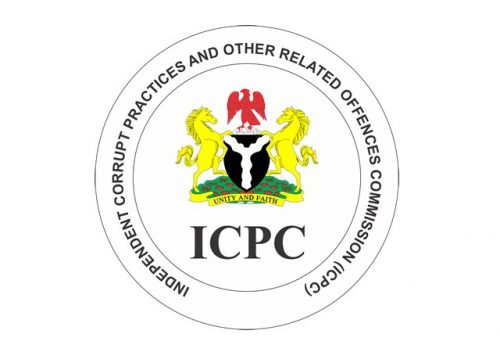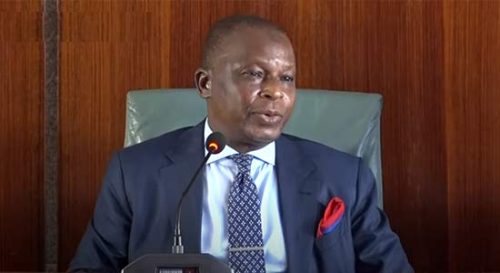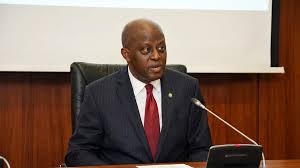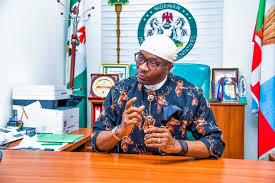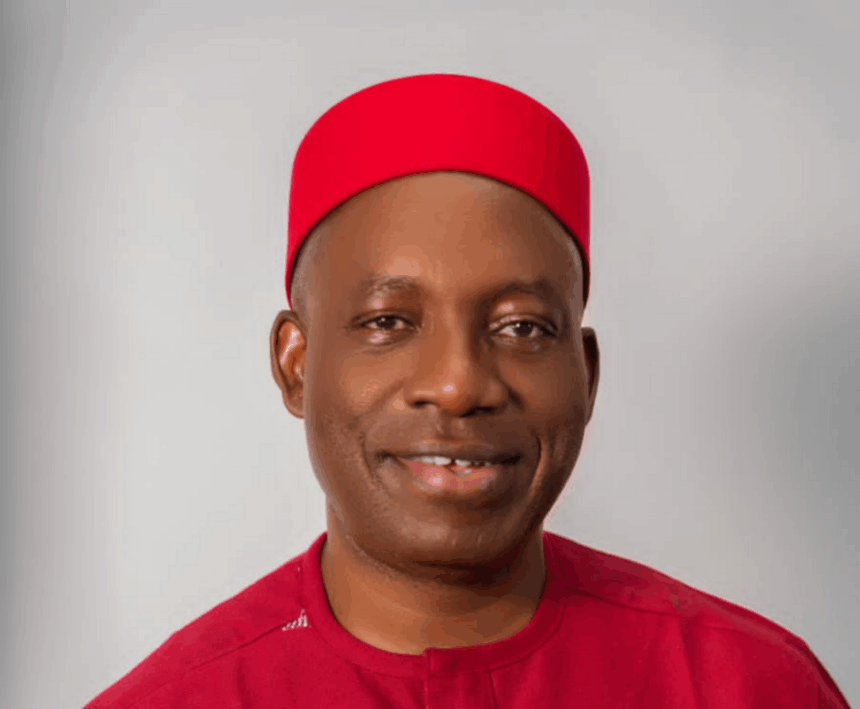Shettima leads Nigeria’s delegation to 80th UN General Assembly

Nigeria is preparing to take a central role on the global stage as Vice President Kashim Shettima leads the country’s delegation to the 80th session of the United Nations General Assembly (UNGA), scheduled to hold in New York from September 22 to 28, 2025.
Acting on the directive of President Bola Ahmed Tinubu, Shettima will represent Africa’s most populous nation at a gathering that will bring together world leaders, policymakers, and multilateral institutions to address pressing international challenges.
The 80th UNGA carries special significance, as it coincides with the 80th anniversary of the United Nations. For Nigeria, the milestone presents an opportunity not only to participate in global debates but also to assert its priorities in areas such as climate change, peace and security, housing, and economic growth.
Vice President Shettima is expected to deliver Nigeria’s national statement on Wednesday, September 24, between 3:00 p.m. and 9:00 p.m. New York time. Traditionally, this speech is one of the most closely watched moments at UNGA for member states, as it outlines national perspectives on global issues.
Analysts suggest that Shettima will use the platform to restate Nigeria’s position on security in the Sahel, economic diversification, and the push for greater international cooperation in combating climate change.
“The national statement is Nigeria’s annual chance to shape the global narrative about its priorities,” said a senior diplomatic source in Abuja. “Expect to hear strong messages about climate adaptation, economic recovery, and Nigeria’s leadership role in Africa.”
Perhaps the most critical item on Shettima’s agenda will be Nigeria’s updated Nationally Determined Contributions (NDCs) under the Paris Agreement, which he will unveil at a special climate event hosted by UN Secretary-General António Guterres. The summit, scheduled for September 24, is expected to bring together heads of state and government to present concrete climate action plans.
Nigeria’s new NDCs are anticipated to include targets for reducing greenhouse gas emissions, expanding renewable energy, and strengthening adaptation programs for vulnerable communities. With Nigeria ranking among the countries most affected by climate-related disasters floods, desertification, and rising sea levels the announcement is likely to draw significant attention.
“Shettima’s presence at the climate summit signals Nigeria’s seriousness about environmental sustainability,” noted Dr. Tolu Adebayo, a climate policy researcher. “The international community will be watching to see if Nigeria sets ambitious, realistic targets and how it plans to fund them.”
In addition to climate talks, Shettima will participate in a high-level roundtable on Adequate and Affordable Housing, hosted by Kenyan President William Ruto. For Nigeria, where millions face housing shortages and slum conditions, the session presents an opportunity to learn from global best practices while pushing for international support in tackling its housing crisis.
Affordable housing has long been a policy challenge in Nigeria, compounded by rapid urbanization and inadequate infrastructure. By attending the roundtable, Nigeria aims to highlight its efforts to create inclusive cities while seeking partnerships for financing sustainable housing projects.
After concluding his engagements in New York, Vice President Shettima will travel to Frankfurt, Germany, to meet with officials of Deutsche Bank. This leg of the trip underscores Nigeria’s push to deepen economic ties with international financial institutions and attract foreign investment.
The Tinubu administration has repeatedly emphasized the importance of external partnerships in rebuilding Nigeria’s economy, which has been strained by high inflation, foreign exchange instability, and youth unemployment. Talks with Deutsche Bank are expected to focus on infrastructure financing, energy investment, and strategies for strengthening Nigeria’s banking sector.
Diplomatic observers believe Nigeria has three broad objectives at the 80th UNGA. First, to reaffirm its role as a leading African voice on global issues. Second, to secure stronger commitments on climate financing and technical support. And third, to leverage bilateral meetings to attract investment and support for domestic reforms.
The UNGA platform also allows Nigeria to reinforce its foreign policy agenda under President Tinubu, which emphasizes economic diplomacy, regional security, and Nigeria’s positioning as a bridge between Africa and the wider world.
“Nigeria is trying to strike a balance between being a responsible global actor and addressing urgent domestic challenges,” explained Professor Charles Eke, an international relations expert. “Shettima’s task will be to present Nigeria as a nation ready to lead in Africa while also seeking practical solutions to its pressing problems.”
The backdrop to this year’s UNGA is one of heightened global uncertainty: conflicts in Eastern Europe and the Middle East, economic instability across developing nations, and the escalating threat of climate change. For Nigeria, these challenges are not distant problems but immediate realities. The spillover of insecurity from the Sahel, the impact of oil price fluctuations, and the strain of natural disasters on communities make international cooperation vital.
Nigeria’s delegation, led by Shettima, will thus seek to ensure that African perspectives remain central to UN deliberations. In particular, issues like equitable climate financing, fair trade policies, and reform of global governance structures are expected to feature in Nigeria’s engagements.
The 80th UNGA provides Nigeria with a high-visibility platform, but the true measure of success will be what follows. Commitments made in New York must translate into concrete results at home. With Nigerians facing economic hardship and climate-related risks, the pressure on government officials to secure tangible outcomes is higher than ever.
As Vice President Shettima prepares to address the world, expectations are that he will not only deliver speeches but also build the networks and partnerships that can strengthen Nigeria’s standing internationally and improve the lives of its citizens.
In many ways, the trip reflects the crossroads at which Nigeria finds itself: a nation with enormous potential, grappling with internal challenges, yet determined to shape the global conversation at a historic UN gathering.


